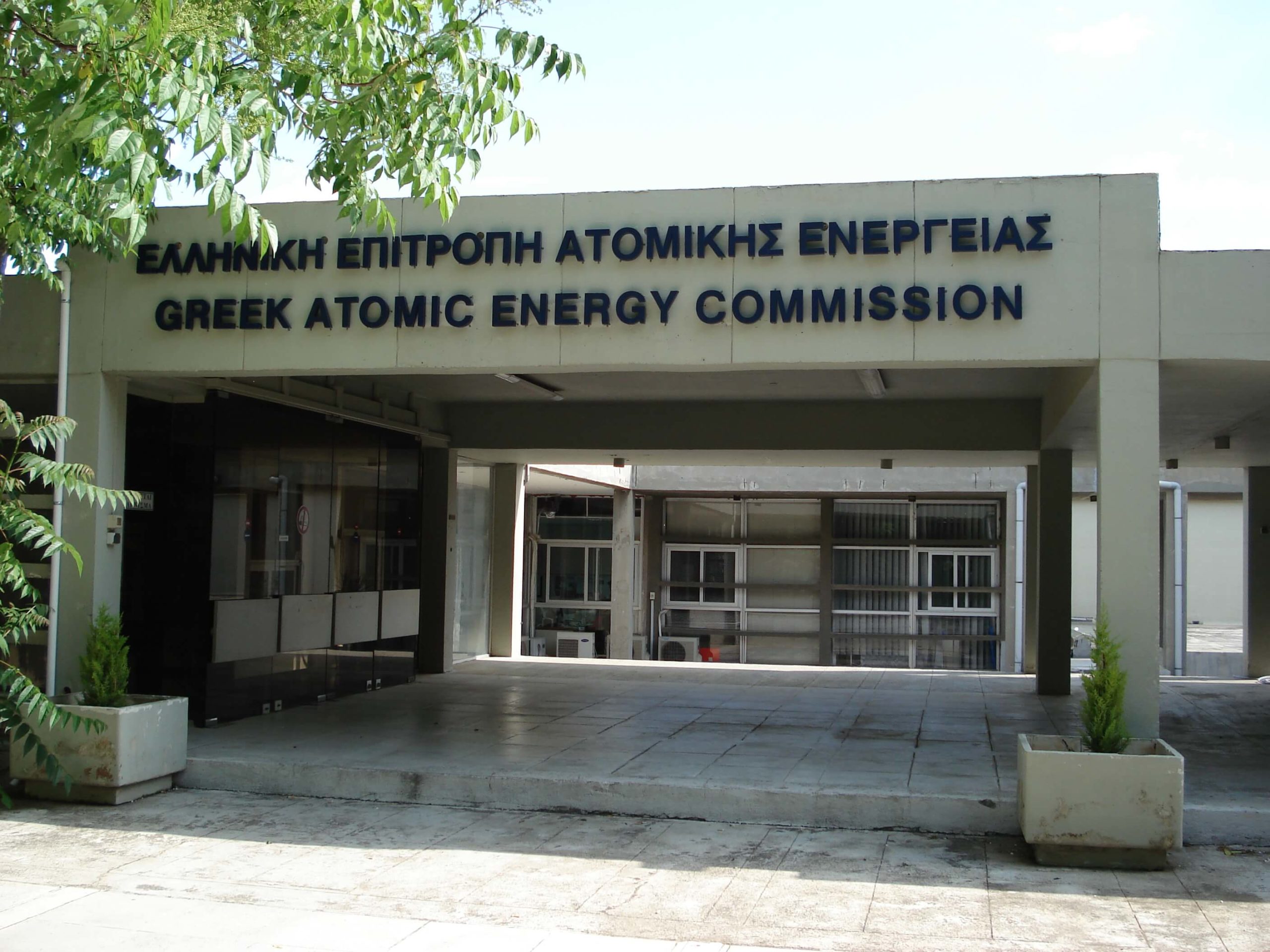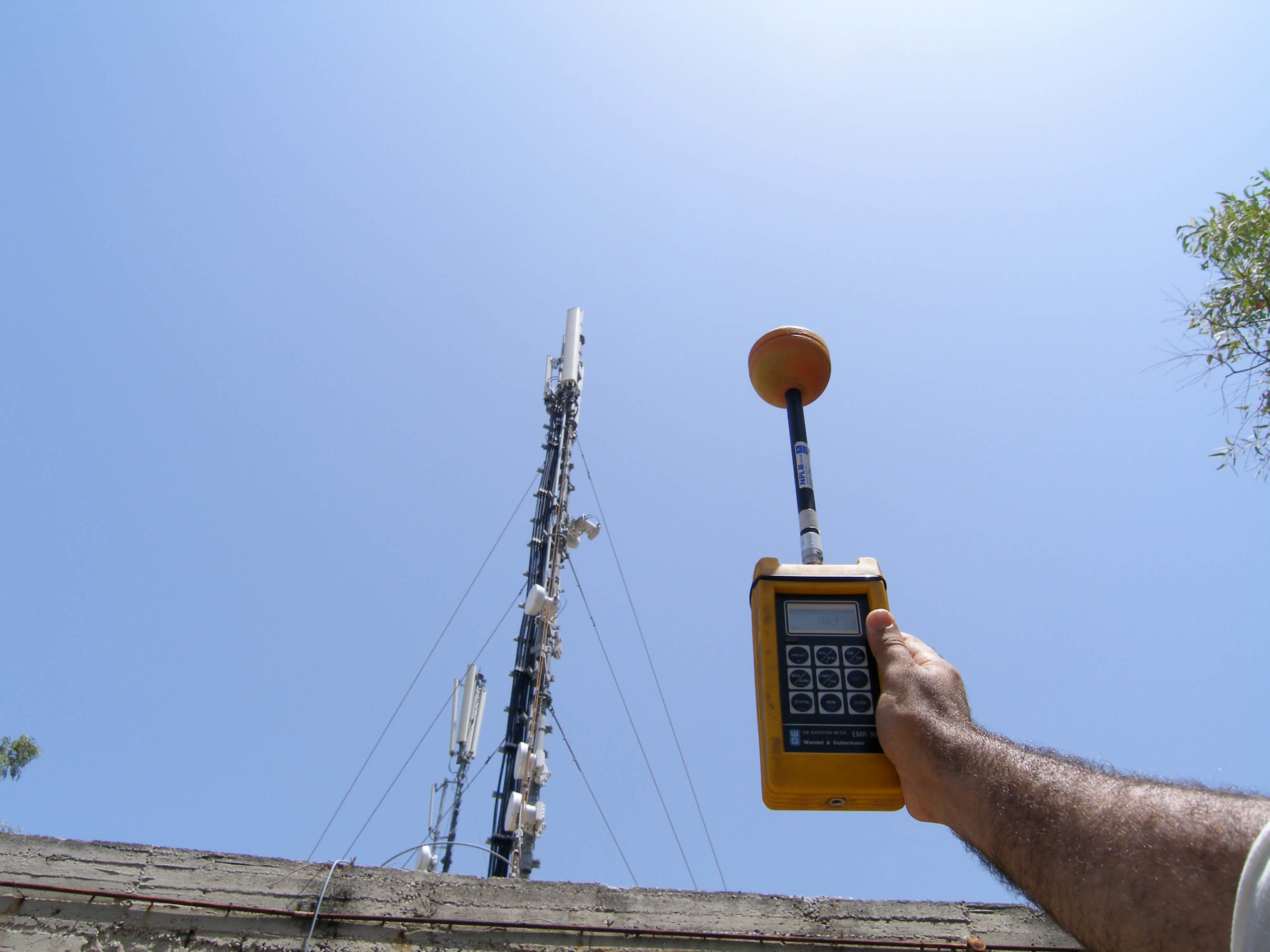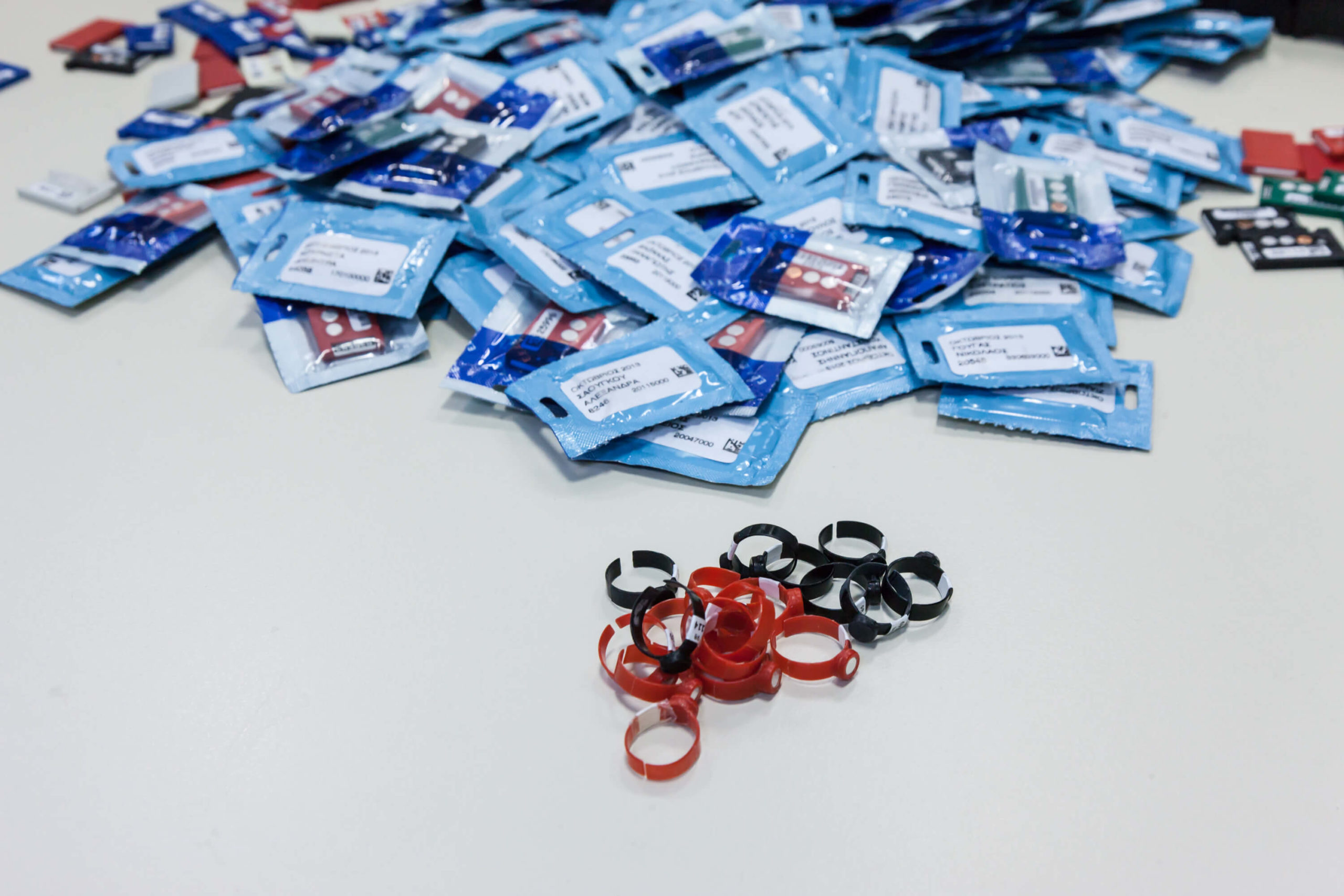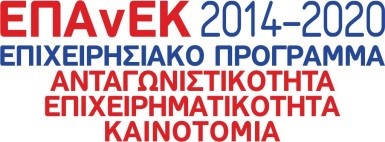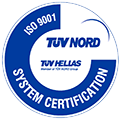GENERAL INFORMATION
The Greek Atomic Energy Commission (EEAE) is the national regulatory authority, competent for the control, regulation and supervision in the fields of nuclear energy, nuclear technology, radiological and nuclear safety and radiation protection.
EEAE is an authority in the form of a Legal Entity under Public Law (NPDD) that enjoys full administrative and financial independence in the exercise of its regulatory tasks. EEAE is supervised by the Ministry of Development and Investments.
EEAE responsibilities include:
Proposing legislation and issuing regulations. EEAE issues regulatory acts and suggests the adoption of legislation, preparing the respective texts (presidential decrees, ministerial decisions). Prepares and proposes the necessary legislation for the transposition of European Directives (under Euratom) into national law.
Inspections and licensing of facilities / applications. EEAE exercises regulatory control in about 2,500 laboratories of medical, industrial and other ionizing radiation applications and carries out electromagnetic field measurements in the vicinity of antenna base stations.
Recording doses of occupational exposure to radiation. EEAE monitors on a monthly basis more than 11,000 employees exposed to radiation.
Monitoring of environmental radioactivity levels. EEAE coordinates the national environmental radioactivity monitoring program and operates a telemetric environmental monitoring network. EEAE has the infrastructure and know-how to conduct spectroscopic analyses in food and consumer goods and provides radon measurement services.
Emergency response. EEAE responds operationally and consultatively to emergency situations involving a radioactive / nuclear agent.
Calibrations of radiation measuring instruments. Provides calibration and calibration services for ionizing radiation measuring devices.
Education and training. EEAE has been recognized as an International Atomic Energy Agency (IAEA) Regional Training Center in Europe and Central Asia in the field of safety in the use of ionizing radiation, the transport of radioactive materials and the management of radioactive waste.
Research and development. The research is a key component of the activities of EEAE, the results of which support its regulatory functions and reinforce the training and scientific incentive of its staff. The research activities of EEAE are reflected in its participation in research programs and in publications in scientific journals and participations in conferences.
International representations. EEAE represents the country in international and European organizations and committees with role in its areas of regulatory responsibility.
Public information. Provides information to the State and the public.





